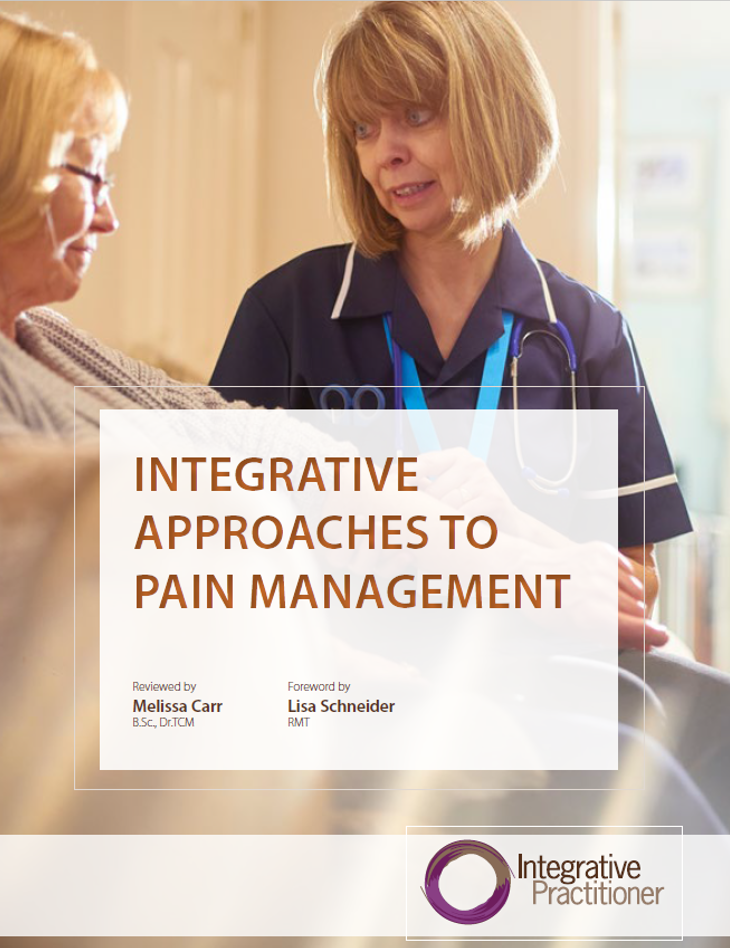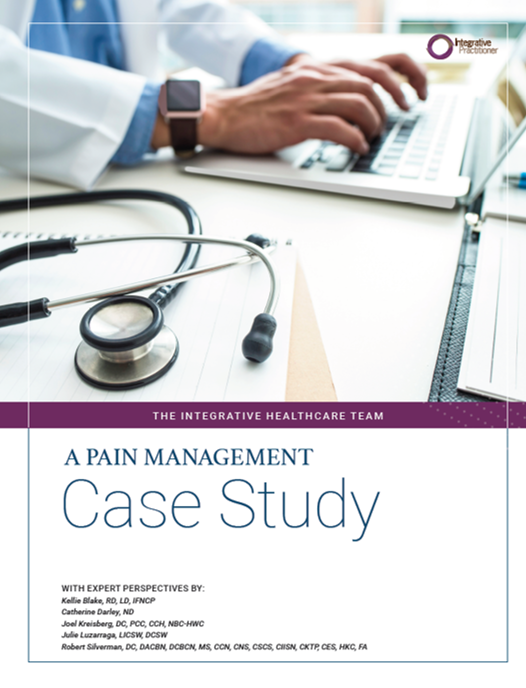Filters
Product Categories
Dietary Supplement Quality: Research, Procedures, and Certifications

Presented by: Hedy Wald, PhD
Healthcare professionals, faculty, and trainees are at risk for stress and burnout, which can impact wellbeing, optimal patient care, and effective leadership. More recently, pandemic-associated stressors have posed significant emotional, physical, and ethical challenges. What then are best practices for a protective, pre-emptive approach to promoting wellbeing and even flourishing? This presentation will discuss “4 R’s” – Reflection, Relationships, Resourcefulness, Resilience – that can inspire, enrich, and fortify practitioners as we craft a story for wellbeing and flourishing for ourselves and our organizations. An integrative, shared commitment approach of individual and institutional factors for a sustainable “culture of resilience and wellbeing” is key and will be discussed.

Clinical Considerations of Chronic Candidiasis

Healthy Holiday Bytes: Helping Patients Ring in the New Year with Health

Presented by: Nigel Plummer, PhD
In this lecture, the evidence for the benefits of probiotic intervention on modifying both physiologies and pathologies will be comprehensively and objectively reviewed. The current limitations of probiotics as well as the exciting future prospects for next generation biotherapeutic products will also be explored, along with the increasingly challenging navigation through the regulatory frameworks and commercial plethora of available probiotic solutions.

Pain is one of the leading reasons why Americans turn to complementary and alternative therapies and practices, and the integrative healthcare community has been a tremendous player in ensuring non-pharmacologic approaches to pain management are readily available and included in national healthcare legislation and research initiatives.

Presented by: David Brady, ND
Autoimmune disease is growing at epidemic proportions. Standard interventions are based on symptom control and immune suppression. This presentation will review a proactive integrative, systems biology, approach for the integrative physician to address disease prediction, prevention and treatment, including various evidence-based modalities. Presentation elements will include an exploration of the role of the GI microbiota, food immune reactions, stealth infections, and molecular mimicry in autoimmune disease pathogenesis and how these may serve as leverage points for clinical interventions. The hygiene hypothesis and changes in early environmental antigen exposure will also be explored.

Presented by: Marc Bubbs, ND, MSC, CISSN, CSCS
This presentation will discuss the principles of human performance that translate to everyday clinical practice. Fundamental principles common across all diets will be highlighted, and how understanding them can help improve weight loss and glucose control in patients. The presentation will also discuss the latest sleep and microbiome science and how this impacts client mental and physical performance, how thyroid and inflammatory markers are used as a proxy for overtraining in athletes (and what it means for your patients), key evidence-based immuno-nutrition strategies to support patient immunity, and ultimately how mindset and emotions are often the biggest hurdle in resolving chronic conditions (and strategies to overcome common roadblocks). Don't miss this evidence-based talk on human performance and how it can translate to better patient outcomes.

Personalizing Supplement Strategies to Improve Patient Engagement

In today’s healthcare industry, the integrative healthcare model can take many forms. A care team may include interdisciplinary members of one clinic, or it may include a network of different practitioners in one community.
In this case study collection, we review a chronic pain patient and how she interacts with a collaborative integrative healthcare team to heal and achieve optimal health and balance. Featuring expert perspectives from Kellie Blake, RD, LD, IFNCP; Catherine Darley, ND; Joel Kreisberg, DC, PCC, CCH, NBC-HWC; Julie Luzarraga, LICSW, DCSW; and Robert Silverman, DC, DACBN, DCBCN, MS, CCN, CNS, CSCS, CIISN, CKTP, CES, HKC, FA, the authors, acting as members of the patient's care team, walk the reader through integrative collaboration in practice.


















